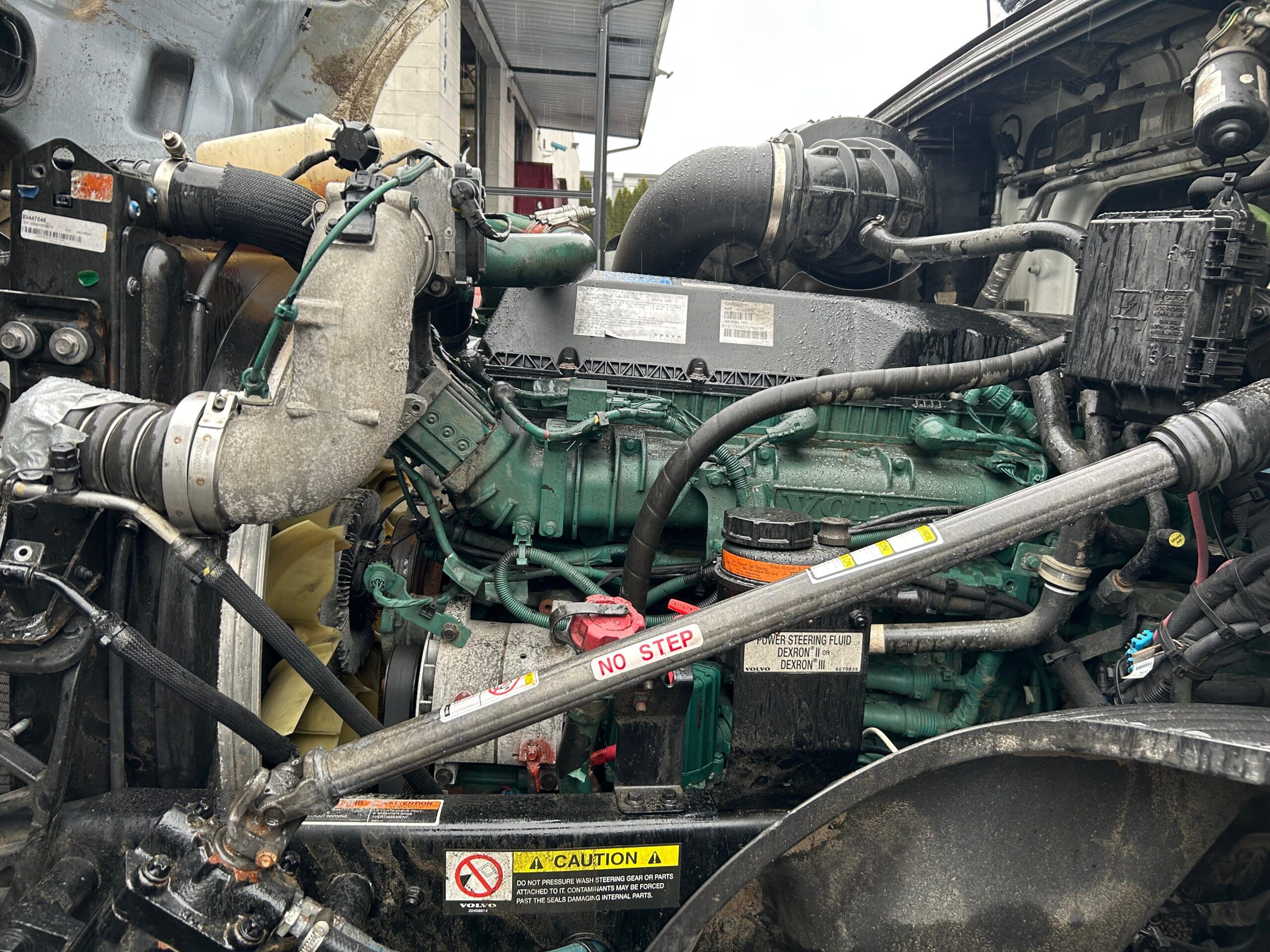In today’s dynamic and fast-paced industrial environment, agility is not just a buzzword—it’s a survival strategy. Manufacturers are increasingly turning to agile systems that allow for quick feedback loops, rapid iteration, and adaptive control. One such solution gaining traction is a manufacturing execution system that fails fast. While traditional MES focuses on control and tracking, a modern MES built to fail fast offers unique advantages that can transform production efficiency, cost savings, and innovation capacity.
At Axolt, we believe that a manufacturing execution system designed with fail-fast principles is not only the future but also a necessity for any business aiming to compete in an unpredictable and rapidly evolving marketplace.
Understanding the Manufacturing Execution System (MES)
A manufacturing execution system (MES) is a digital solution used to monitor, track, document, and control the process of manufacturing from raw material to finished product. It acts as a bridge between enterprise resource planning (ERP) and the shop floor, ensuring real-time visibility, traceability, and performance optimization.
By integrating data from machines, workers, and other systems, an MES allows manufacturers to reduce waste, improve quality, and maintain compliance. Traditionally, MES has been rigid, slow to adapt, and heavily reliant on structured data and processes. However, the industry is evolving. Agile manufacturing demands a system that can experiment, learn from failure, and pivot—fast.
What Does “Fail Fast” Mean in Manufacturing?
The fail-fast concept originates from the software development world, particularly agile and lean methodologies. It refers to a strategy where potential errors or issues are identified early, allowing teams to learn quickly and make necessary corrections without sinking excessive time or resources into a flawed process.
Applied to manufacturing, a manufacturing execution system that fails fast is one that enables rapid experimentation and data-driven decision-making. It empowers operators and engineers to try new configurations, workflows, or production strategies—and instantly see what works and what doesn’t. If something fails, it fails quickly, providing insights without major consequences.
Why a Fail-Fast Manufacturing Execution System is Critical Today
1. Accelerated Innovation Cycles
In the past, testing a new product or process required weeks or even months of planning and validation. With a fail-fast MES, those cycles are reduced to days or hours. Manufacturers can test different machine settings, production lines, or scheduling strategies and receive real-time feedback.
This iterative approach encourages continuous improvement, making it easier to bring new products to market and respond to consumer demand faster than competitors.
2. Improved Decision-Making
When you use a manufacturing execution system that fails fast, you’re equipping your team with data insights that matter. Every failure is captured, analyzed, and used to fuel better decisions. Instead of reacting to quality issues after thousands of units are produced, the system alerts you immediately—allowing corrective action to be taken while minimizing waste and rework.
This level of responsiveness reduces the margin for error and increases confidence in process changes.
3. Risk Mitigation Through Rapid Feedback
No production system is perfect. But waiting too long to discover a mistake can be costly. A fail-fast MES ensures that issues are caught early in the cycle. Whether it’s a defective part, a machine anomaly, or a production bottleneck, the system detects problems in real time.
By catching small failures early, manufacturers prevent larger system-wide disruptions and protect their bottom line.
4. Increased Flexibility and Scalability
Modern manufacturing is not about mass production—it’s about mass customization. To deliver personalized products at scale, manufacturers need systems that are flexible and adaptable.
A fail-fast manufacturing execution system enables small-batch testing, rapid configuration changes, and seamless integration with new machines or IoT devices. This flexibility is critical for industries like electronics, automotive, and medical devices, where product cycles are short and precision is paramount.
5. Enhanced Collaboration Between Teams
When teams have access to instant feedback and real-time performance data, collaboration becomes more meaningful. A fail-fast MES breaks down silos between engineering, quality control, operations, and management.
Everyone works from a shared, real-time version of the truth. This transparency improves communication, accelerates problem-solving, and aligns the organization toward shared production goals.
Key Features of a Fail-Fast Manufacturing Execution System
To truly embrace the fail-fast philosophy, an MES must be built with certain key features:
- Real-time Monitoring: Constant data streams from machines, sensors, and operators to identify deviations or inefficiencies immediately.
- Rapid Configuration Tools: Ability to test and switch processes or workflows without lengthy downtime or reprogramming.
- Automated Alerts and Workflows: Pre-set triggers for quality issues, machine failures, or out-of-spec parameters that automatically notify responsible teams.
- Data Visualization Dashboards: Intuitive interfaces that show KPIs, alerts, and process changes in real time.
- AI and Predictive Analytics: Advanced tools to analyze past failures and suggest preventive strategies or process improvements.
At Axolt, we specialize in building manufacturing execution systems that integrate these features seamlessly, enabling our clients to implement fail-fast strategies without sacrificing reliability or compliance.
Real-World Applications of the Fail-Fast MES
Let’s consider a few examples of how fail-fast MES is revolutionizing operations in different industries:
Electronics Manufacturing
High-mix, low-volume production environments require constant adaptation. A fail-fast MES allows electronics manufacturers to test different component sourcing strategies or SMT configurations, reducing lead times and catching PCB errors instantly.
Automotive Industry
With the push toward electric vehicles and autonomous driving, the auto industry is under pressure to innovate. Fail-fast MES helps test battery configurations, calibrate sensors, and optimize assembly processes faster than traditional systems would allow.
Food and Beverage
Quality and consistency are paramount. A fail-fast MES alerts teams to ingredient inconsistencies or batch anomalies in real time, avoiding large-scale product recalls and ensuring food safety.
The Role of AI in Fail-Fast Manufacturing Execution Systems
Artificial intelligence is a game-changer in making fail-fast MES smarter and more predictive. AI algorithms can detect patterns in failure data, recommend optimal settings, and even simulate process outcomes before real-world implementation.
This predictive capability transforms reactive systems into proactive engines for innovation and efficiency. AI-powered MES solutions from Axolt help manufacturers get ahead of problems before they occur.
The Axolt Advantage
At Axolt, we understand that a manufacturing execution system is more than just software—it’s a strategic tool. Our MES platform is designed for modern manufacturers who value agility, transparency, and innovation.
We help businesses implement a manufacturing execution system that embraces failure—not as a weakness, but as a path to operational excellence. From real-time analytics to customizable dashboards and seamless ERP integration, Axolt’s solutions empower teams to work smarter, adapt faster, and grow stronger.
Conclusion: Embrace Failure to Achieve Excellence
Failure has long been seen as something to avoid in manufacturing. But in a world driven by innovation and speed, failure—when handled right—is the fastest route to success. A manufacturing execution system that fails fast gives manufacturers the confidence to experiment, the tools to monitor, and the agility to improve continuously.
At Axolt, we believe the future belongs to manufacturers who are brave enough to fail fast—and smart enough to learn faster. Implementing a fail-fast MES can be the turning point for your production strategy. Start small, think big, and act fast.
FAQs About Manufacturing Execution System That Fails Fast
1. What industries benefit most from a fail-fast manufacturing execution system?
Industries with rapid innovation cycles—like electronics, automotive, aerospace, pharmaceuticals, and food & beverage—benefit the most. These sectors need real-time data, flexibility, and fast adaptation to change.
2. How does a fail-fast MES improve product quality?
By catching errors early and enabling rapid feedback, a fail-fast MES ensures consistent quality control. Real-time alerts and insights help reduce rework, scrap, and defects before they reach later stages of production.
3. Is it expensive to implement a fail-fast MES?
Not necessarily. While initial setup may require investment, the ROI is significant. Reduced downtime, improved product quality, faster innovation, and lower operational costs make it a worthwhile investment for long-term growth. All categories and top stories are featured right on the homepage.











Leave a Reply